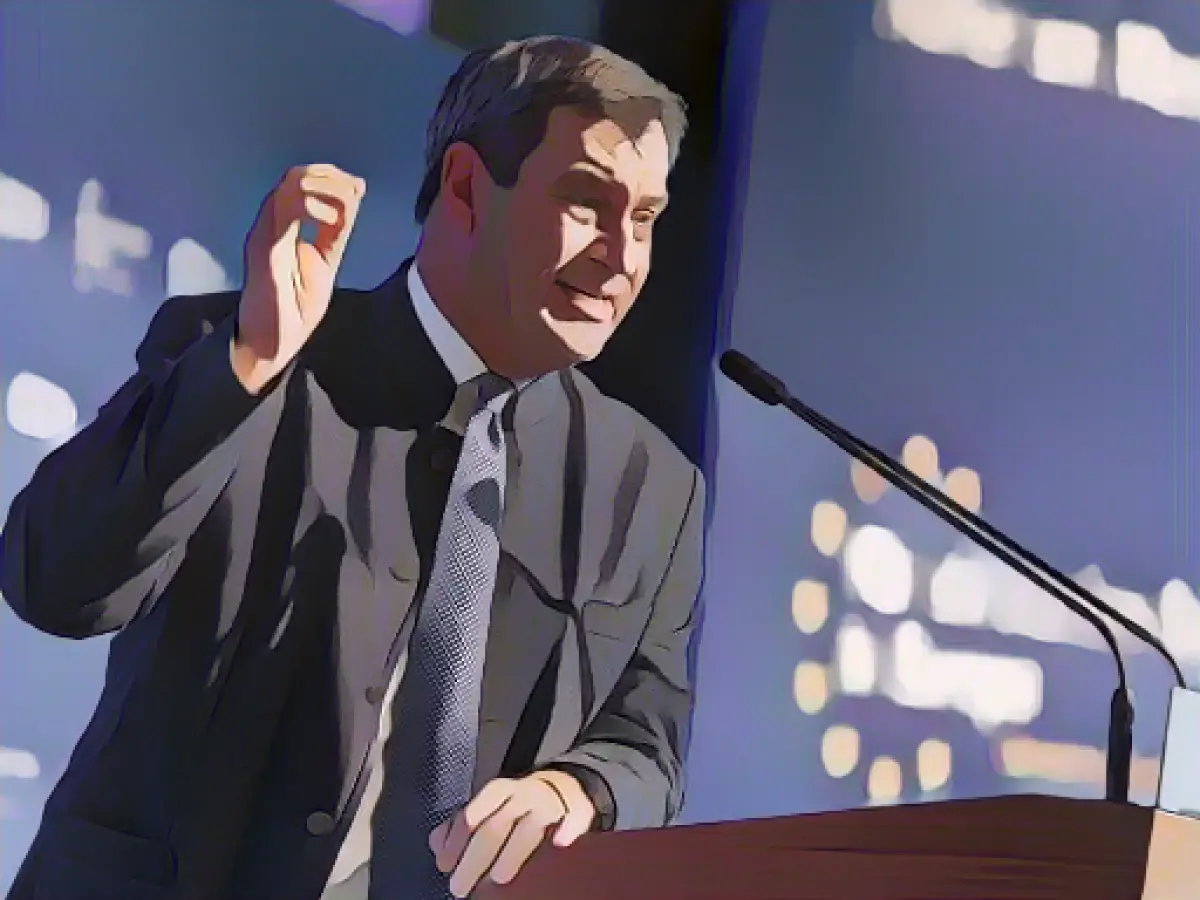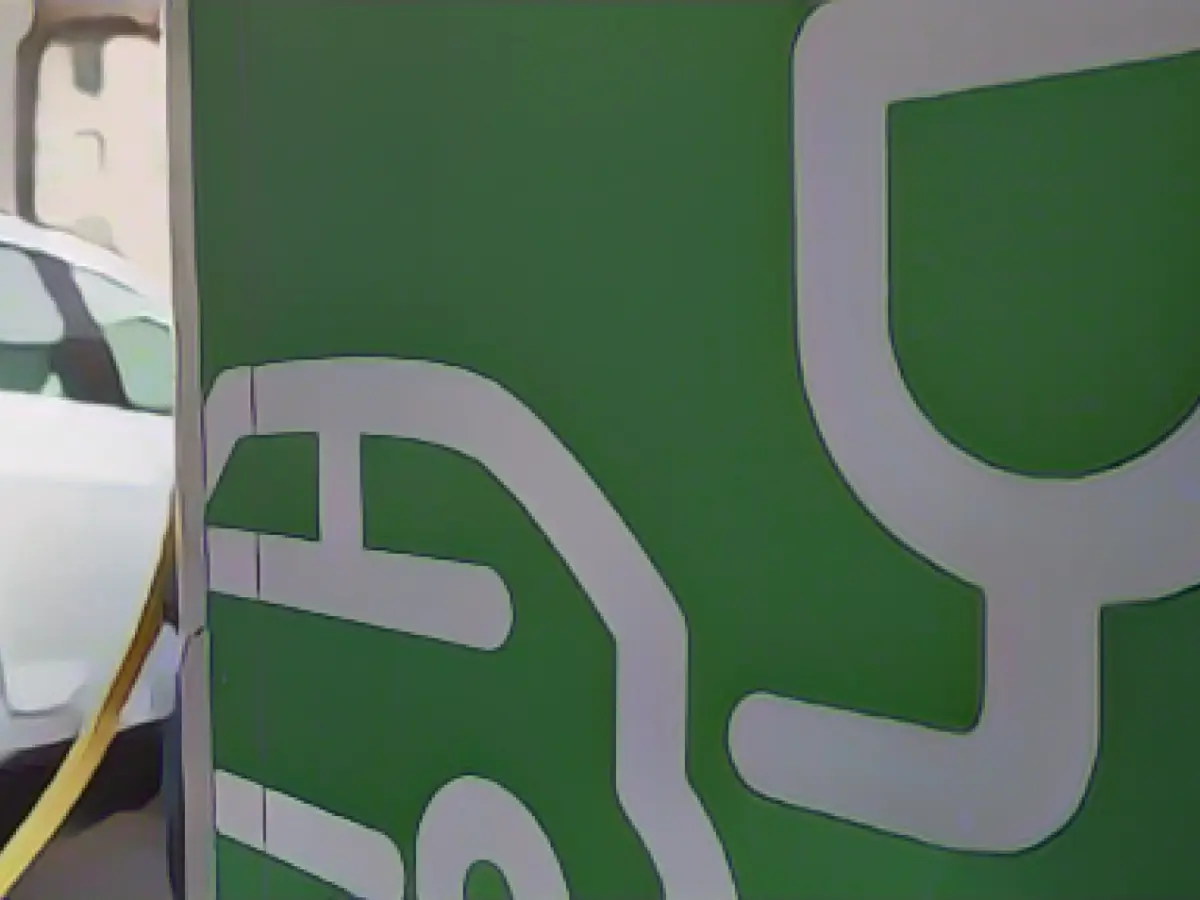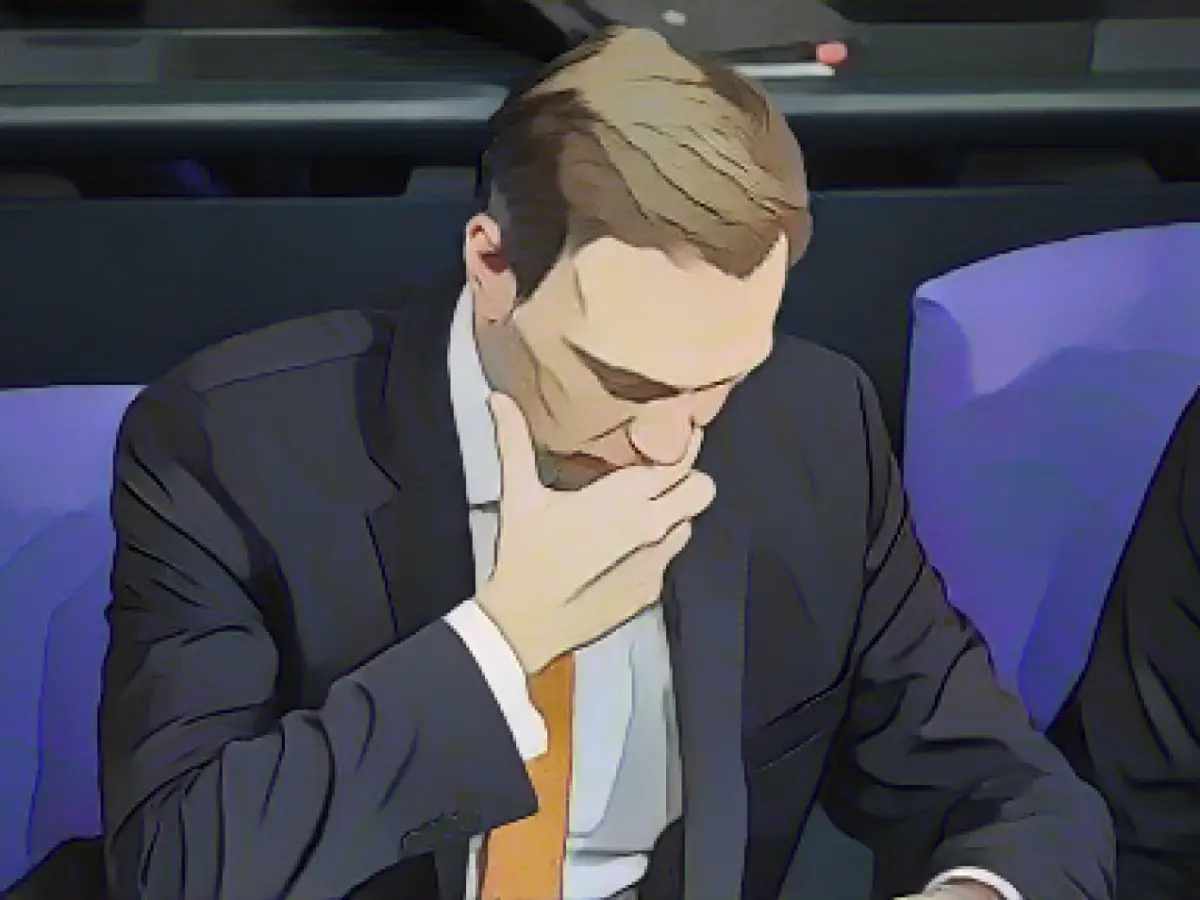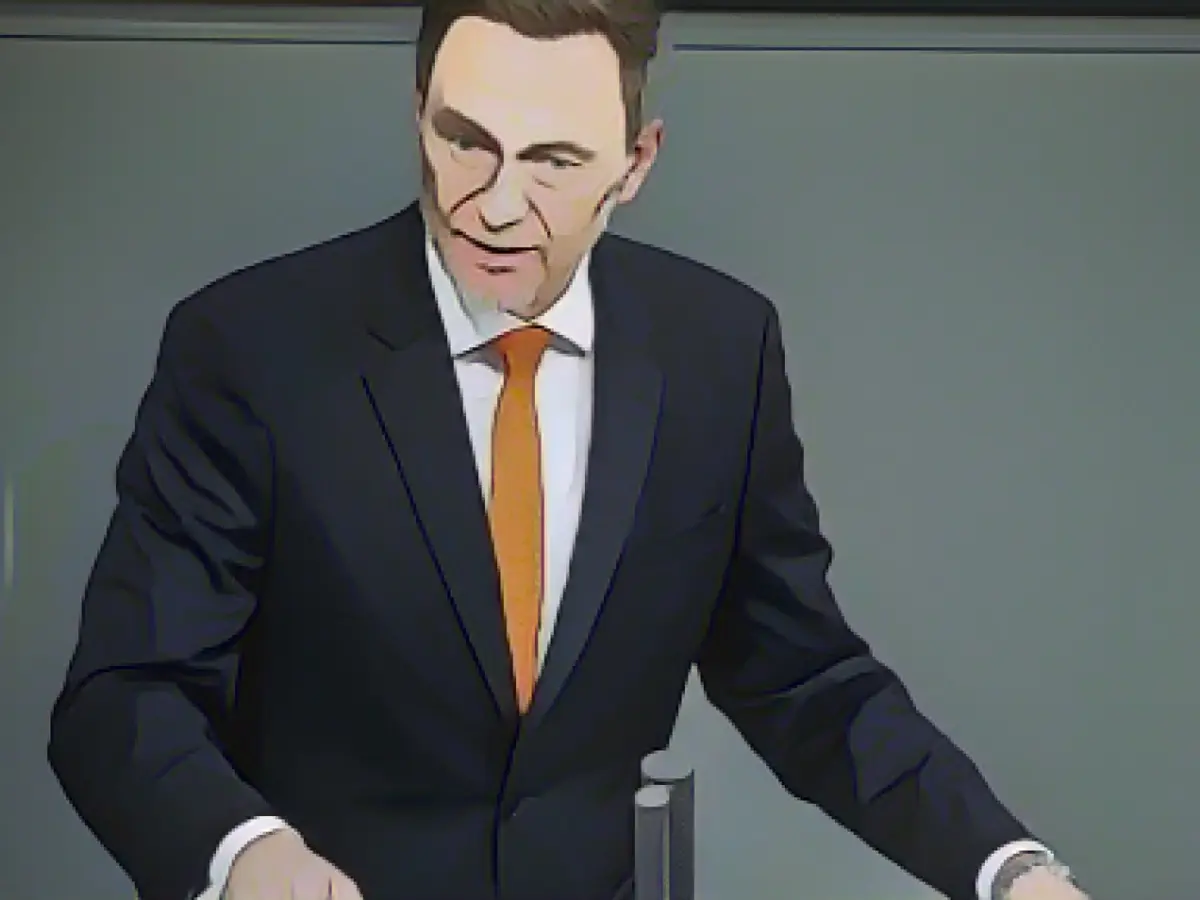Debt Brake Disputes Plague Union
In a fiery speech at the European election delegates' meeting in Nuremberg, Bavaria's Minister President Markus Söder portrayed Germany as in the grip of a "national crisis" due to budget woes. "This government is broke," he declared, vehemently opposing the idea of loosening the debt brake to tackle the budget problems.
Söder argued that the debt brake was the key to Germany's strength and the only means of providing aid during crises. His stance was echoed on Twitter, where he wrote, "We reject scraping the debt brake. Sustainability must serve as the bedrock of all German and European politics."
Conflicting Views on Debt Brake Reform
Following the Karlsruhe budget court ruling, which invalidated the reallocation of 60 billion euros in loans from the 2021 budget, the government proposed declaring an extraordinary emergency situation to suspend the debt brake, enabling the legal securing of loans.
The CDU and CSU, however, showed mixed feelings about the proposed reform. CDU party leader Merz initially expressed confidence in the debt brake, saying he saw no need to change course. But CDU parliamentary secretary Thorsten Frei questioned the government's plan, calling it a "daring legal maneuver."
While some CDU leaders, such as Berlin's governing mayor Kai Wegner and Saxony-Anhalt's Minister President Reiner Haseloff, expressed skepticism regarding the debt brake, others, like North Rhine-Westphalia's Minister President Hendrik Wüst, were more cautious and open to discussion on the potential need for reform.
Reform Obstacles and Support
Volker Wissing, Federal Transport Minister, dismissed the talk of a debt brake reform as mere rhetoric. He argued that securing a two-thirds majority in both the Bundestag and Bundesrat was an unattainable goal. This sentiment was shared by government spokesperson Steffen Hebestreit, who declared there were no immediate plans for such a reform.
On the other hand, Federal Chancellor Olaf Scholz reaffirmed the government's commitment to swiftly implementing the budget court ruling, arguing it was merely a matter of execution.
The impact of a potential debt brake suspension on household finances is a point of contention. While Christian Lindner acknowledged the need for a supplementary budget, his Bavarian ally, Markus Söder, vehemently opposed the idea, citing the debt brake's importance for financial stability and crisis aid.
Enrichment
Political parties in Germany have differing views on the debt brake reform:
- The Free Democratic Party (FDP) is adamant in maintaining the debt brake in its current form, advocating for fiscal austerity and reduced public spending.
- The Christian Democratic Union (CDU) and Christian Social Union in Bavaria (CSU) are generally supportive of the debt brake but may consider moderate reforms.
- The Social Democratic Party (SPD) and Greens advocate for reforming the debt brake, seeking to maintain an extensive social welfare policy and invest in key sectors.
- The Alternative for Germany (AfD) supports the debt brake and promotes fiscal conservatism.
The future coalition configuration will significantly influence the significance and potential reform of the debt brake in Germany.








